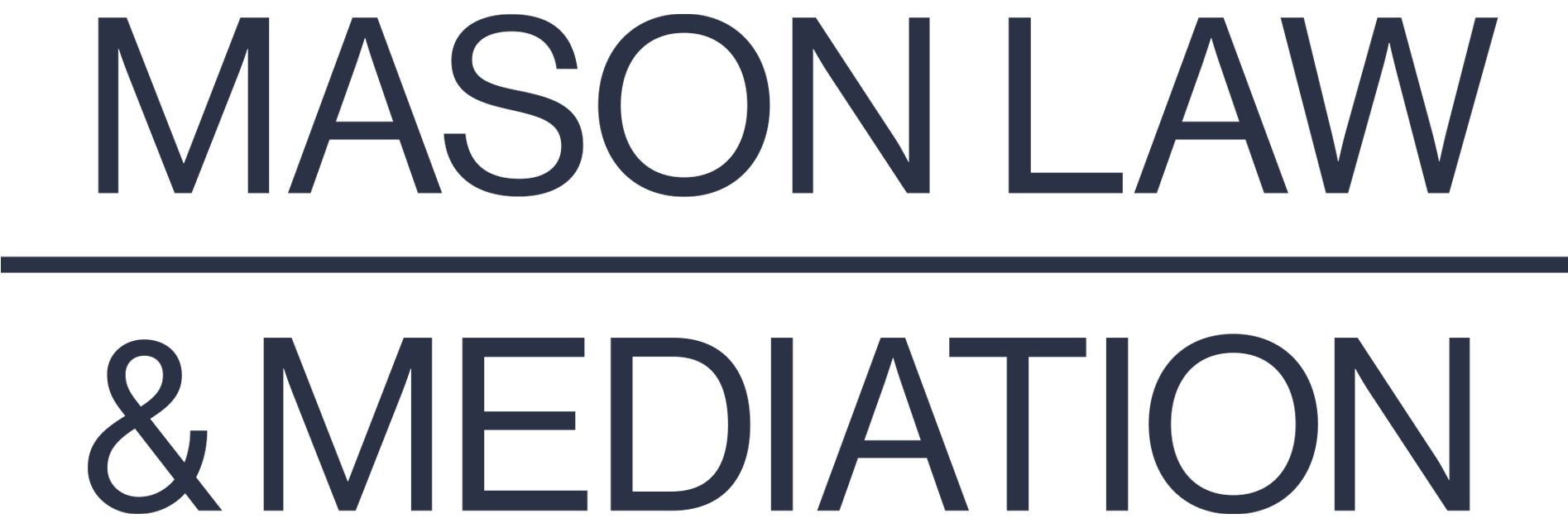As we learned from a previous post, to calculate regular child support payments, you add the parental income together, and apply a corresponding percentage to the lesser of the combined parental income or a sum assigned by statute (currently $183,000).
What about families with combined incomes that exceed the statutory cap of $183,000? The law gives the courts discretion as to how to deal with higher income families.
In practice, what often happens is that the court selects an income cap that’s higher than the one set by statute (currently $183,000) and then applies the child support formula to that elevated cap.
By law, the court is authorized to determine the amount of child support due on the income in excess of the cap by either considering a list of qualitative factors in the law (i.e., no formula at all) and/or applying the corresponding child support percentage.
The qualitative factors listed in the law include the financial resources of both parents, the physical and emotional health of the child and any special needs, the standard of living the child was accustomed to, and any other factors the court considers relevant to the case. You can read the ten factors directly in Domestic Relations Law Section 240(1-b)(f).
In practice, what often happens is that the court selects a cap that’s higher than the one set by statute (currently $183,000) but often not as high as your total combined income. It then applies the child support formula to that elevated income cap. Each judge is different in terms of how they decide what cap is appropriate in your specific case. Judges in Manhattan tend to select higher caps than do judges in, say, Albany.
If your combined parental income is above the statutory cap, it’s critical to consult with an attorney. Keep in mind that no attorney can tell you with certainty what cap will be set in your case. They should, however, be able to offer you a range that’s book-ended by best- and worst-case scenarios, which you can use to analyze favorable settlement scenarios.

